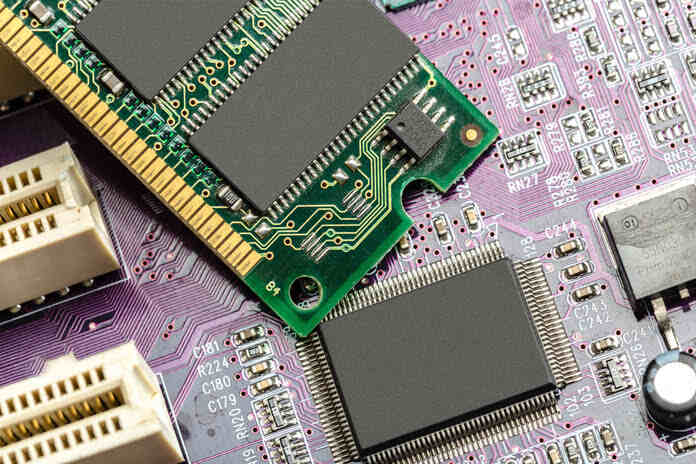Advanced Micro Devices (NASDAQ:AMD) is making headlines as a leading AMD quantum computing stock to watch. The semiconductor company jumped more than 2% in premarket trading after Truist Securities upgraded its rating to “Buy.” Analysts at Truist noted that AMD is no longer just a “price check” against rival NVIDIA (NASDAQ:NVDA); instead, hyperscale clients are showing true interest in deploying AMD products at scale. Truist also raised its price target for AMD to $213, signaling strong investor confidence.
AMD Teams Up with IBM for Quantum Breakthroughs
A major driver of the growing buzz around AMD quantum computing stock is its newly announced partnership with IBM (NYSE:IBM). The companies are working together on quantum-centric supercomputing solutions. Under this collaboration, AMD will integrate its CPUs, GPUs, and FPGAs into IBM’s quantum systems.
AMD CEO Dr. Lisa Su highlighted the partnership’s potential, stating that the convergence of high-performance computing and quantum technologies could “accelerate discovery and innovation.” This move positions AMD to capitalize on an emerging market segment that could reshape computing and research across industries.
AMD Quantum Computing Stock and Market Outlook
AMD shares have delivered remarkable performance over the past year, up 113.6% since April, despite being down about 28% from their all-time highs set in March 2024. The stock recently consolidated near the 78.6% Fibonacci retracement level of its previous range.
At roughly 1.36 times forward adjusted earnings, AMD isn’t the cheapest semiconductor stock. However, its valuation appears justified given the company’s growth prospects, particularly in data center, AI, and quantum computing markets.
Investors tracking AMD quantum computing stock should also be aware of potential risks. Geopolitical tensions and the Trump administration’s threats to increase tariffs on semiconductor exports could pose headwinds. Still, AMD’s diversification and strategic focus on high-growth sectors help mitigate some of these challenges.
AMD Expands Market Share Against Competitors
AMD’s growth extends beyond quantum initiatives. The company continues to gain CPU market share against Intel (NASDAQ:INTC), supported by a 1% quarter-over-quarter increase in PC shipments after a soft start to the year.
Moreover, the broader semiconductor market is projected to expand significantly, growing from $34 billion in 2023 to $100 billion by 2032. As a key player in advanced chip design, AMD is well-positioned to capture market share as demand for AI and quantum technologies accelerates.
Is AMD Quantum Computing Stock a Buy?
The global push for domestic semiconductor manufacturing and technological sovereignty presents both challenges and opportunities for AMD. Its strong foothold in AI, continued CPU gains, and the IBM quantum partnership reinforce its long-term potential.
Analysts currently rate AMD as a “Moderate Buy,” with an average price target of $187.30, implying an upside of about 14.6% from Monday’s close. Additionally, options traders are anticipating heightened volatility ahead of NVIDIA’s upcoming earnings report, with AMD’s weekly August 29 series pricing in 52.15% implied volatility.
For investors seeking exposure to AI and quantum breakthroughs, AMD quantum computing stock remains a compelling candidate. While short-term fluctuations may occur, AMD’s strategic partnerships and expanding presence in transformative technologies suggest significant long-term potential.
Looking ahead, AMD’s success will likely hinge on its ability to innovate faster than competitors while navigating regulatory and trade complexities. The IBM partnership could open doors to entirely new revenue streams in quantum computing, complementing its AI ambitions. If AMD executes effectively on these fronts, it could become one of the most influential semiconductor players of the next decade, making its quantum computing stock status even more attractive for forward-looking investors.
Featured Image: Unsplash









